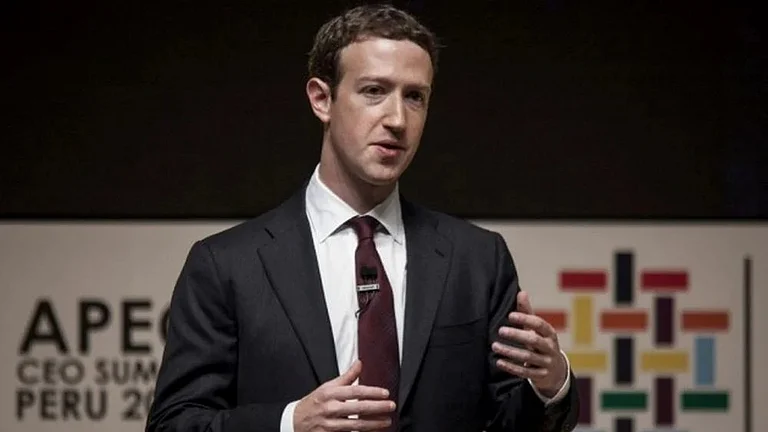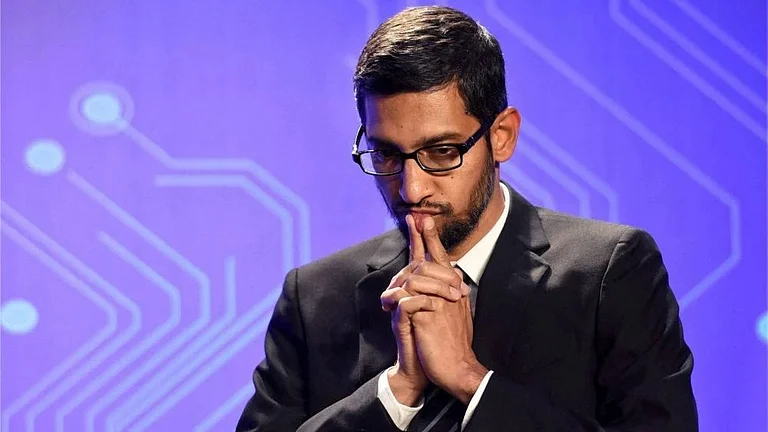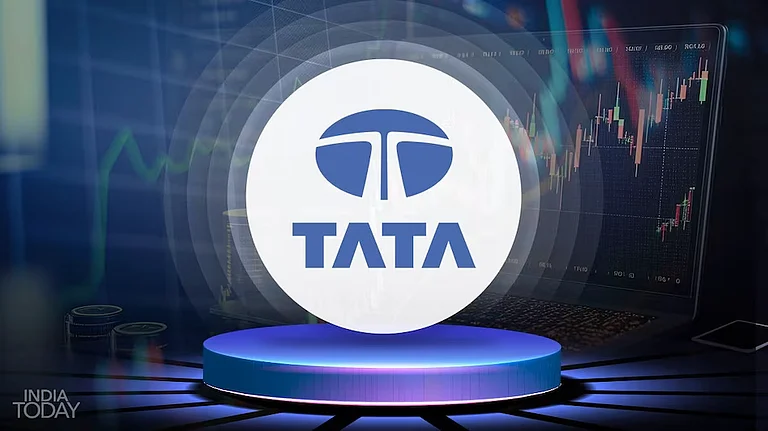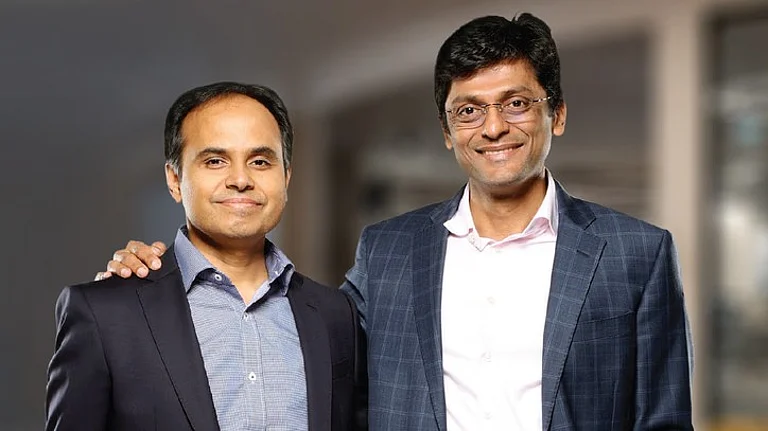
Google agrees to a $30 million settlement in a class action over alleged data collection from children on YouTube
Class covers 35–45 million US residents under 13 who watched YouTube between 2013–2020
Individual payouts expected at $30–$60; plaintiffs’ lawyers to seek up to $9 million in fees
Case follows Google’s 2019 $170m FTC/NY AG settlement over kids’ data; Google denies liability here
Highlights ongoing COPPA and privacy risks for platforms despite earlier government enforcement
Google has agreed to a $30 million preliminary settlement to resolve a long-running class action accusing the company of collecting personal data from children who watched YouTube and using it for targeted advertising, Reuters reported. The settlement was filed Monday in US District Court in San Jose and still requires judicial approval.
The proposed class covers US residents who watched YouTube while under age 13 between July 1, 2013 and April 1, 2020.
Lawyers for the plaintiffs estimate the class could include 35 million to 45 million people; if typical claims rates hold (1–2%), individual payouts are likely to be modest, roughly $30–$60 before fees and costs.
Fee, History & Related Enforcement
Plaintiffs’ counsel said they will seek up to $9 million in legal fees from the settlement. The case follows earlier government enforcement: in 2019 Google agreed to pay $170 million and change some practices to resolve related US Federal Trade Commission and New York Attorney General allegations over kids’ data. Google denies liability in the current case even as it settles.
The lawsuit was brought by the parents or guardians of 34 children and alleged Google profited by letting channels use child-targeted content to gather data.
A federal magistrate judge, Susan van Keulen, earlier dismissed claims against several content providers (including Hasbro and Cartoon Network) for lack of evidence tying them to Google’s alleged data collection; mediation then led to the settlement talks.
Regulatory & Reputational Risk
Although $30m is small relative to Alphabet’s revenues, the settlement keeps a spotlight on how major platforms handle children’s data under the Children’s Online Privacy Protection Act (COPPA) and state consumer-privacy laws.
It also demonstrates continued private-party enforcement pressure even after government settlements and may prompt renewed scrutiny of platform practices and disclosure.
The court will consider preliminary-approval paperwork and, if granted, a claims process and notice program will follow.
The case is captioned C.H. et al. v. Google LLC et al., No. 19-07016 (N.D. Cal.); observers will watch whether the judge approves the deal and what that means for future privacy class actions involving minors.


































